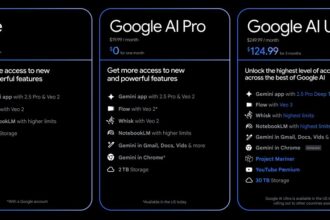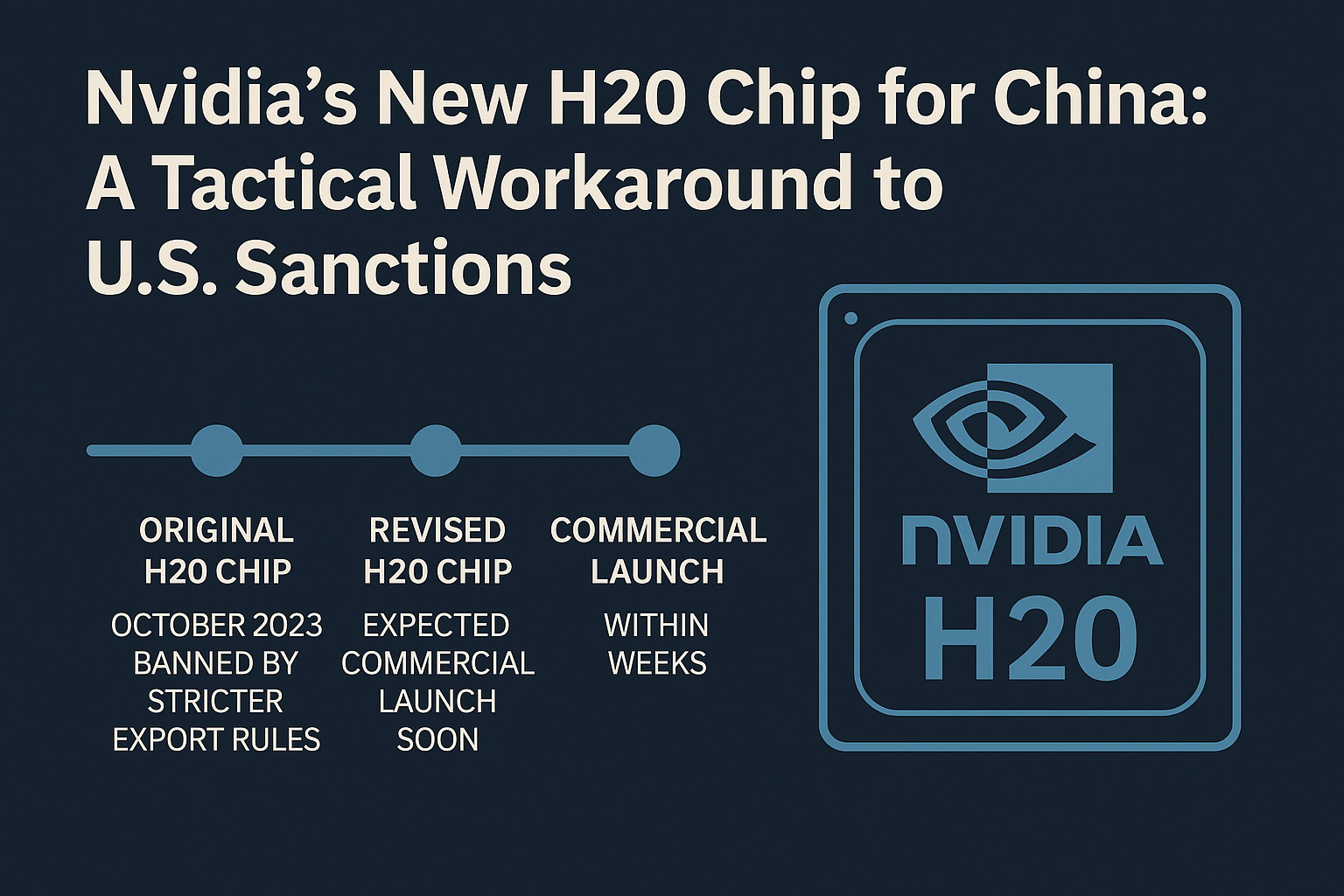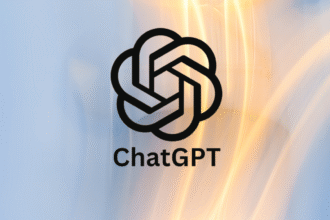Google, the parent company of Alphabet, has announced its intention to impose restrictions on the types of election-related queries that its chatbot Bard and search generative experience can respond to ahead of the 2024 U.S. Presidential election.
These limitations are expected to be in effect by early 2024. The tech giant aims to enhance its focus on the role of artificial intelligence (AI) in serving voters and campaigns associated with significant elections, not only in the U.S. but also in other parts of the world.
In addition to the U.S. Presidential election, 2024 is anticipated to witness pivotal elections globally, including national elections in India, the world’s largest democracy, and South Africa, among others. Google expressed its commitment to working with an intensified focus on understanding and harnessing the potential of AI in the electoral context.
This move by Google aligns with a broader trend among major tech companies to address concerns related to political advertising and manipulation through AI.
In November, Meta, the parent company of Facebook, announced restrictions on political campaigns and advertisers in regulated industries from using its new generative AI advertising products.
Advertisers on Meta’s platforms must also disclose the use of AI or other digital methods in altering or creating political, social, or election-related advertisements on Facebook and Instagram.
On the other hand, Elon Musk’s social media platform, X, which is currently under investigation by the European Union, revealed in August that it would permit political advertising in the U.S. from candidates and political parties.
This decision marked a significant shift from its previous global ban on political ads in 2019. X also announced plans to expand its safety and elections team ahead of the U.S. election.
Governments worldwide have been actively advocating for AI regulation due to the perceived threats it poses, particularly in terms of misinformation dissemination. The European Union is set to introduce new rules that mandate Big Tech firms to clearly label political advertising on their platforms, disclose the source of funding, specify the amount spent, and identify the targeted elections.














